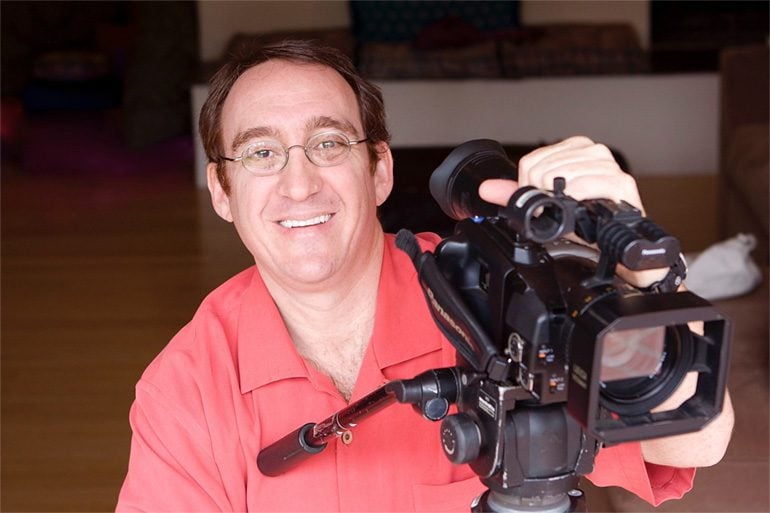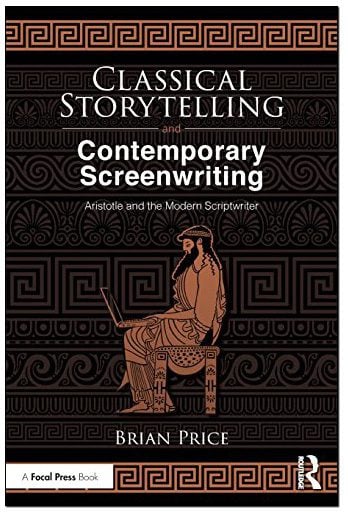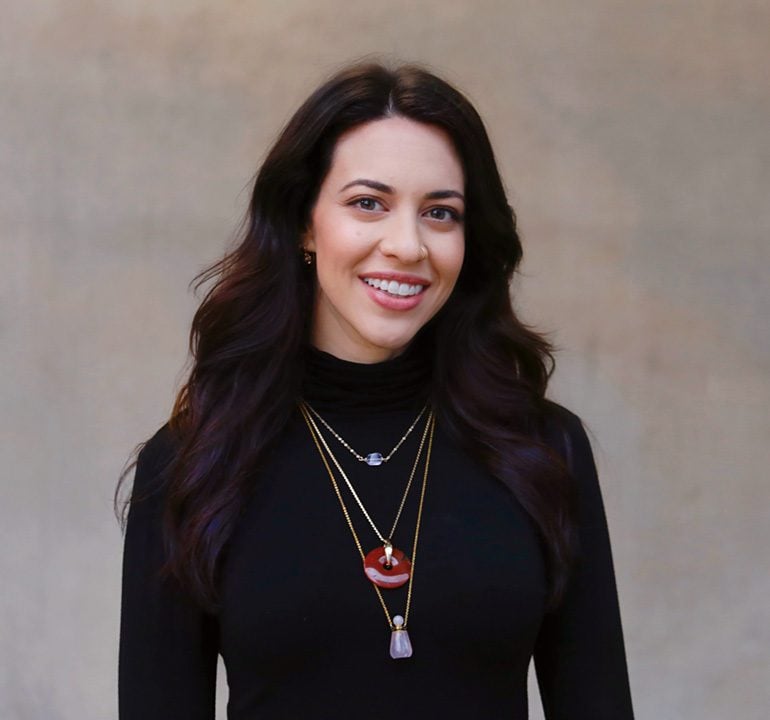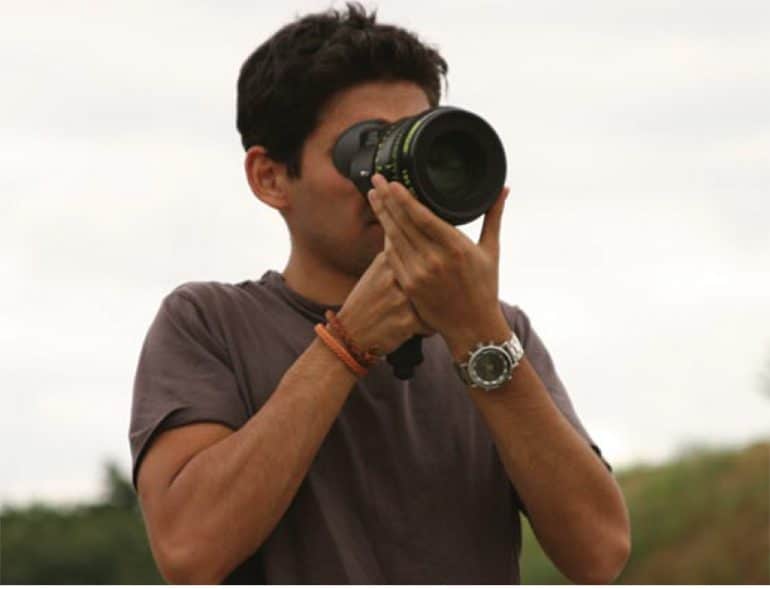Brian Price shares screenwriting insights in this exclusive interview
StudentFilmmakers Magazine: Can you tell us a little bit about the evolution of screenwriting?
Brian Price: I don’t know that screenwriting, as a craft, has evolved in any meaningful way beyond the superficial changes of formatting conventions or medium of delivery. We used to use a typewriter, now we have an app on our iPad. That’s because screenwriting is simply the most contemporary form of storytelling, a practice that is as old as mankind itself, and which hasn’t changed all that much since we used to sit around the campfire and tell the tale of that morning’s great saber tooth tiger hunt. The elements and principals that go into telling a good narrative, first observed by Aristotle in his Poetics, remain the same, because there is a right way to tell a story. What has changed though is the opportunity for storytellers to reach an audience. With new technology, new means of distribution and expanding sources of content, voices that were once marginalized have more opportunity than ever to be heard. So how we do it may not be changing, but WHO is doing it certainly is. So more than ever before, screenwriting affords us an opportunity to experience diverse points of view, experiences and philosophies, and to connect with one another, regardless of our differences, through the medium of visual storytelling.
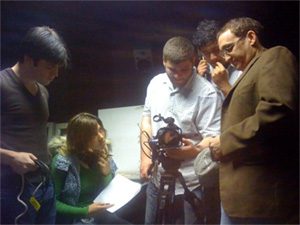
Brian Price: Every culture, regardless of history or geography, tells stories. It is the primary activity that separates us from all other animals on the planet and which connects us all as human beings. And when you look at the stories that have stood the test of time, from Oedipus Rex to the latest Star Wars blockbuster, you start to recognize certain patterns and recurring principles, with regard to structure and character and theme, which tells us that there must be something built into our DNA that requires us not just to tell stories, but to tell them in a very particular way. That’s because storytelling is much more than an entertainment, it fulfills an important biological function, one which Aristotle first talked about in Poetics and which I explore in my own book, involving the dual concepts of mimesis and catharsis. Put simply, nature has bestowed upon us a love of learning, an aching desire to understand ourselves and our place in the universe. And the way we best learn is through representation, through seeing ourselves, our world and our experiences reflected back to us. This enables us to grow as individuals and as a species. But at the same time, we crave an emotional experience, a chance to express or purge our feelings. Which is why the best stories, and the best movies, are the ones that provide us the joy of learning through the experience of feeling.
StudentFilmmakers Magazine: What is your creative process like when writing a screenplay?
Brian Price: For me, it’s all about story. And that means it’s all about the outline. So, like the process Aristotle describes, that all great stories share, I go from the general to the specific. First I make decisions about the biggest moments that create the shape of the story, what I refer to as the Anchor Points. And then I determine the connective tissue, the Stepping Stones that fill in the gaps. Once I’ve determined every event necessary to tell my story, to get my characters from who they are at the opening equilibrium to who they must become at the conclusion, then I take the time to fully elaborate and detail each of those individual events. I will usually spend half my writing schedule working on the outline, and only when I feel confident that the story works, that I have the write beats, in the right order, with the right emphasis, do I start translating that story into dramatizable scenes of dialogue and description
In terms of nuts and bolts mechanics, I like to write every day. I like to habituate my writing environment, so I tend to be seated in the same chair, working for the same hours, listening to the same music. I find that makes it easier to get back into my creative head space. Then I like to spend the first part of my writing effort reworking what I did the day before, to improve it and create some momentum into the new material. And I always set a goal, whether a number of beats or pages. So that when the writing time is done, it’s done. And I can get on with the non-writing part of my day.
StudentFilmmakers Magazine: If you could share your Top 3 Screenwriting Tips for aspiring filmmakers and storytellers, what would they be?
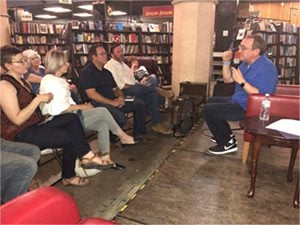
Second, the worst reason to include anything in a script is because “that is the way that it happened.” While you should write from your own personal truth, remember that the best stories are filtered through the imagination. Aristotle called dramatic narrative the “art of telling lies skillfully.” But screenplays are lies that get at a higher truth, a truth about the human condition and experience that we all share. So, make choices because they make the story better, more dramatic, more comedic, more interesting. Not because that’s the way it happened. We are looking for truths, not facts.
Lastly, paraphrasing Somerset Maugham, “There are 3 rules to good writing. And no one knows what they are.” I love that quote because it’s so true. There is no formula to good screenwriting. It’s not math or science. And there are as many ways to approach the craft as there are successful people practicing it. So, absorb as many processes and methodologies as you can. Read the books, attend the seminars, take the classes, and pick and choose the elements that speak to you, that work best for your strengths, temperament, and interests. Every good screenwriter needs to find their own voice, and their own way of expressing it.
Brian Price is an award-winning screenwriter who has worked with major studios, television networks, and independent film producers from around the world. As an instructor, he has taught screenwriting at Yale University, Johns Hopkins University, and the Brooks Institute, among others, and is a proud member of the prestigious UCLA School of Theater, Film and Television screenwriting faculty.
www.brianpricescreenwriting.com
Book Spotlight
Classical Storytelling and Contemporary Screenwriting:
Aristotle and the Modern Scriptwriter, 1st Edition
By Brian Price
“Brian Price delivers a masterful book on the essential precepts of classical storytelling, and their importance in crafting a successful screenplay—a wonderfully fresh take on the craft that both aspiring screenwriters and professionals alike will prosper from.”
—Cornelius Uliano,Writer/Producer, The Peanuts Movie (2015)
Since we first arrived on the planet, we’ve been telling each other stories, whether of that morning’s great saber-tooth tiger hunt or the latest installment of the Star Wars saga. And throughout our history, despite differences of geography or culture, we’ve been telling those stories in essentially the same way. Why? Because there is a RIGHT way to tell a story, one built into our very DNA. In his seminal work Poetics, Aristotle identified the patterns and recurring elements that existed in the successful dramas of his time as he explored precisely why we tell stories, what makes a good one, and how to best tell them. In Classical Storytelling and Contemporary Screenwriting, Brian Price examines Aristotle’s conclusions in an entertaining and accessible way and then applies those guiding principles to the most modern of storytelling mediums, going from idea to story to structure to outline to final pages and beyond, covering every relevant screenwriting topic along the way. The result is a fresh new approach to the craft of screenwriting—one that’s only been around a scant 2,500 years or so—ideal for students and aspiring screenwriters who want a comprehensive step-by-step guide to writing a successful screenplay the way the pros do it.
Order your copy of “Classical Storytelling and Contemporary Screenwriting” today.
Interview conducted by Jody Michelle Solis. Associate Publisher for StudentFilmmakers Magazine (www.studentfilmmakers.com), HD Pro Guide Magazine (www.hdproguide.com), and Sports Video Tech (www.sportsvideotech.com) Magazine. “Lifelines, not deadlines. Motion Arts. Fusion Everything.”


